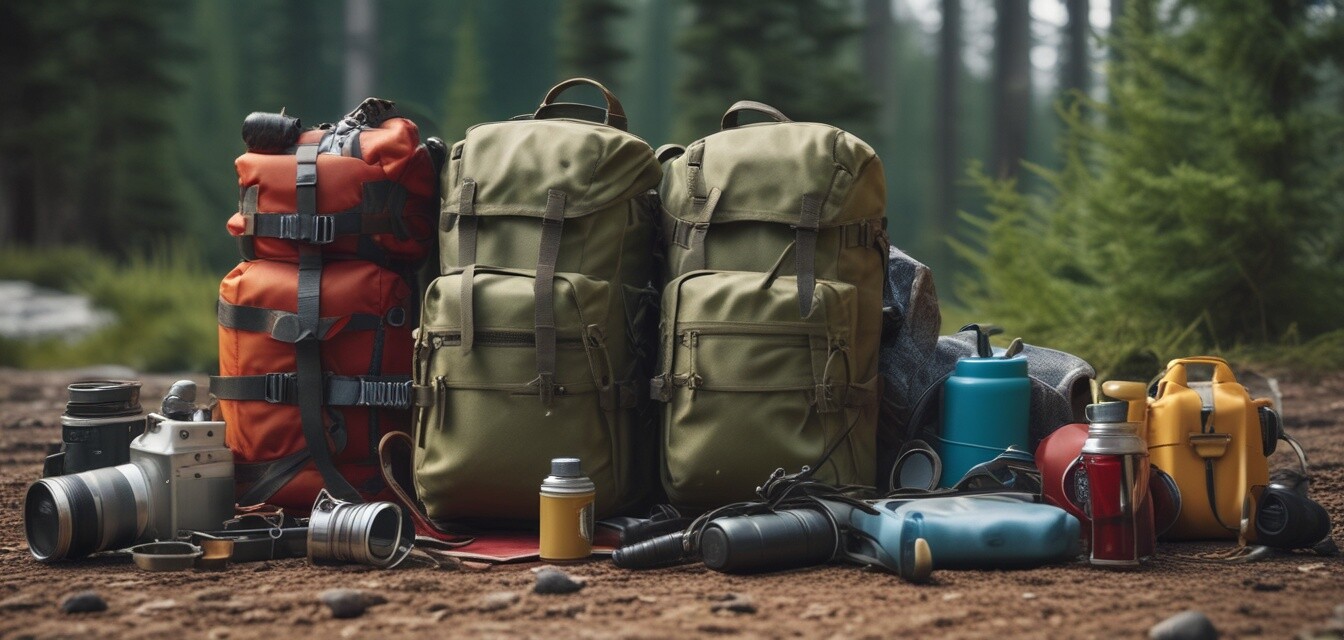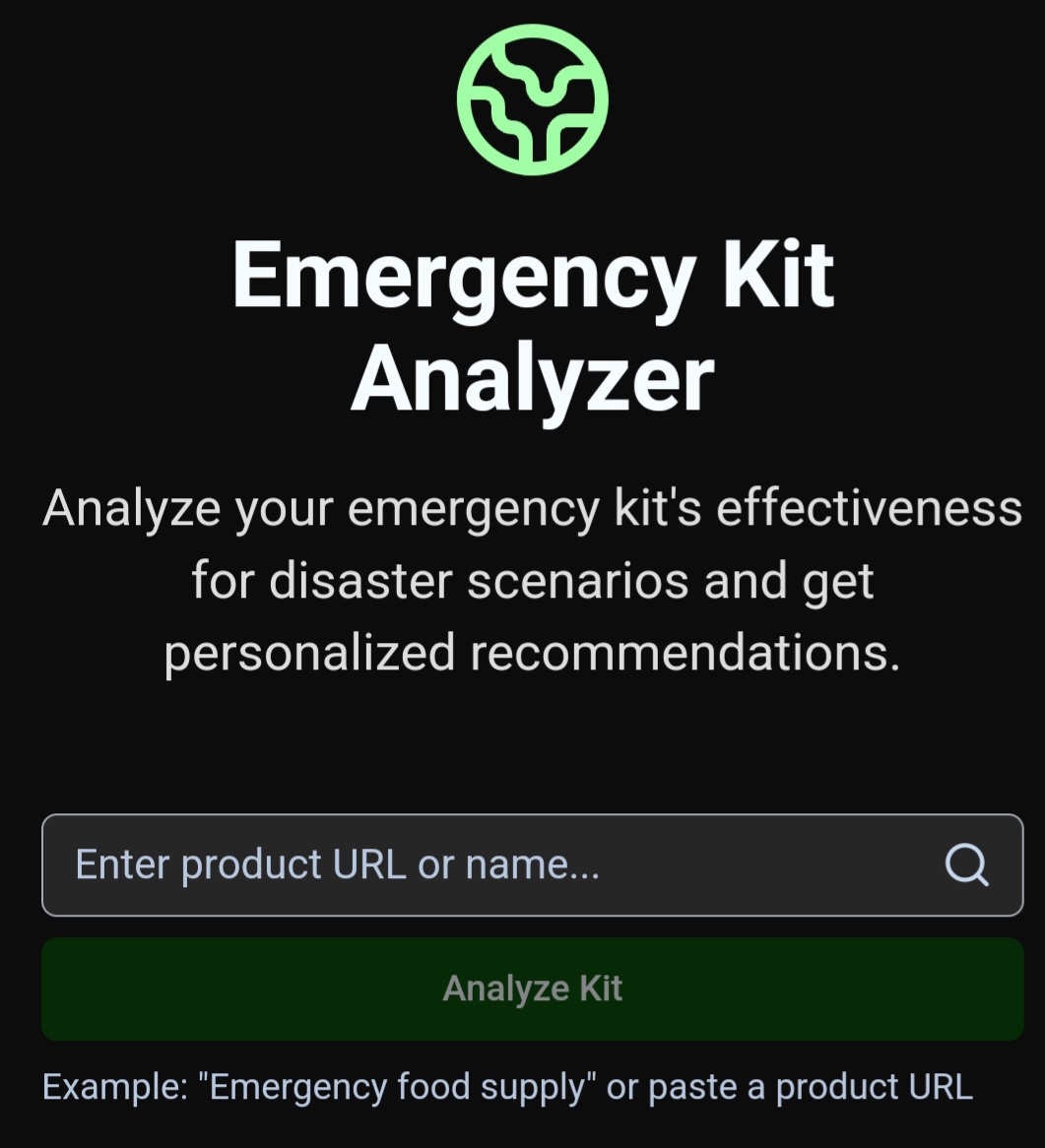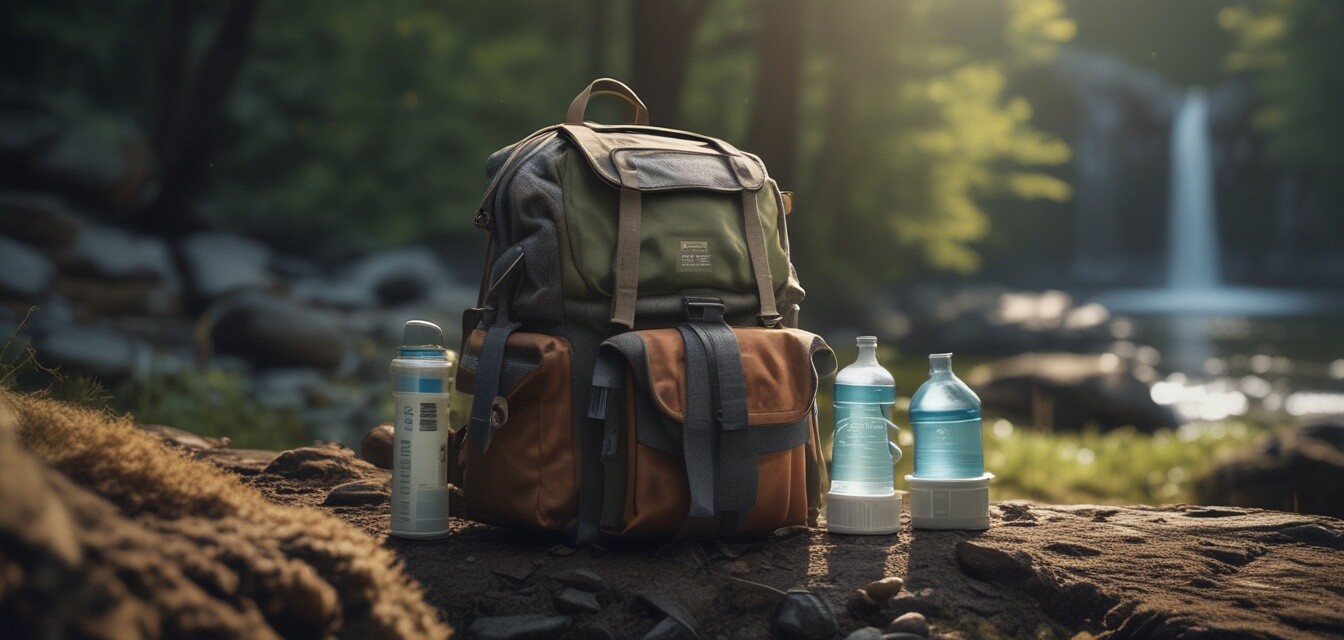
Food and Water Procurement
Gathering and purifying resources for sustenance in emergencies is a crucial aspect of emergency planning. Having a reliable supply of food and water can be the difference between life and death in a disaster situation. In this article, we will discuss the importance of food and water purification, and provide guidance on how to procure and purify food and water in emergency situations.
Key Takeaways
- Food and water procurement is critical in emergency situations
- Water purification is crucial to avoid waterborne diseases
- Food procurement involves finding and preserving food in emergency situations
- Purification and procurement should be done safely to avoid contamination
Importance of Food and Water Procurement
Food and water are essential for human survival. In emergency situations, it is crucial to have a reliable supply of food and water to sustain individuals and families. Without access to clean drinking water and nutritious food, individuals may be at risk of dehydration, malnutrition, and other health problems.
| Consequence of No Food and Water | Risk of Health Problems |
|---|---|
| Dehydration | Headaches, dizziness, and fatigue |
| Malnutrition | Weakened immune system, and poor wound healing |
Water Purification Methods
Water purification is crucial to avoid waterborne diseases. There are several methods of water purification, and disinfection. Some of the common methods include:
- Boiling: Boiling water is the most effective method of killing bacteria, viruses, and other microorganisms.
- Water Filters: Water filters can remove bacteria, viruses, and other impurities from water.
- Chemical Disinfection: Chemical disinfection involves adding disinfectants such as chlorine or iodine to water to kill bacteria and viruses.
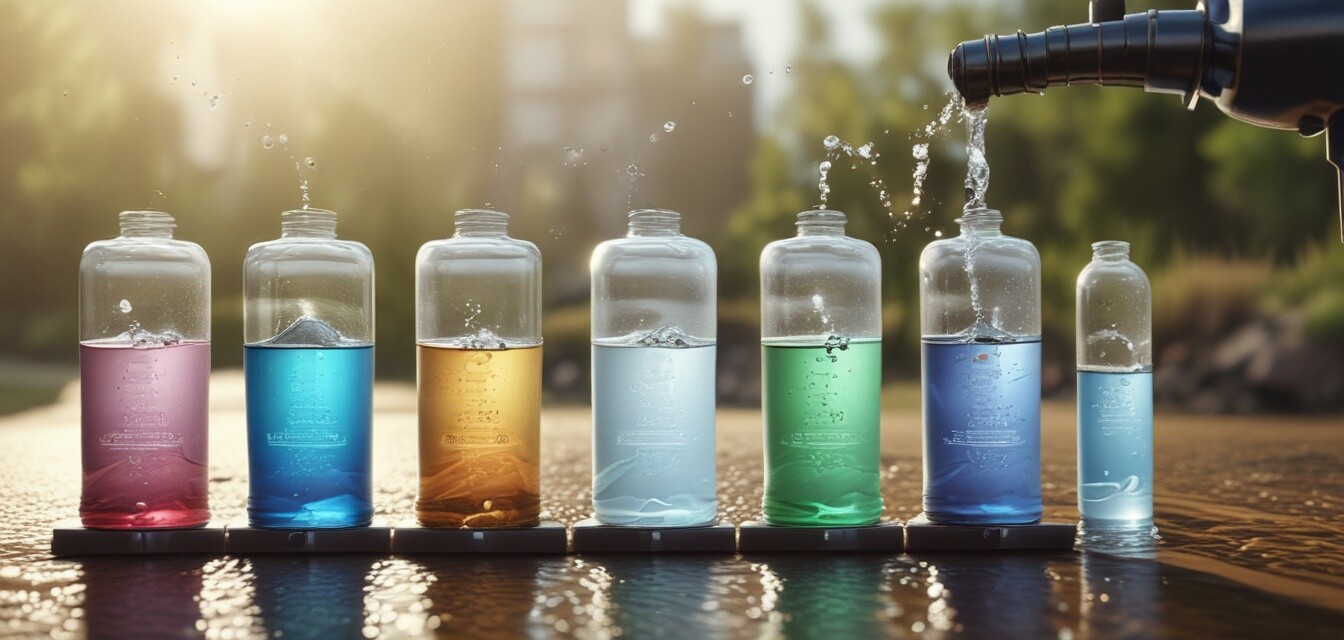
Food Procurement Methods
Food procurement involves finding and preserving food in emergency situations. Some of the common methods of food procurement include:
- Fishing and Hunting: Fishing and hunting can provide a source of protein in emergency situations.
- Food Storage: Storing non-perishable food items can provide a reliable source of food.
- Food Preservation: Preserving food through canning, smoking, or dehydrating can provide a long-lasting source of nutrition.
- Handling food and water safely to avoid contamination
- Using proper equipment and tools to purify and store food and water
- Following proper food and water safety guidelines to avoid spoilage and contamination
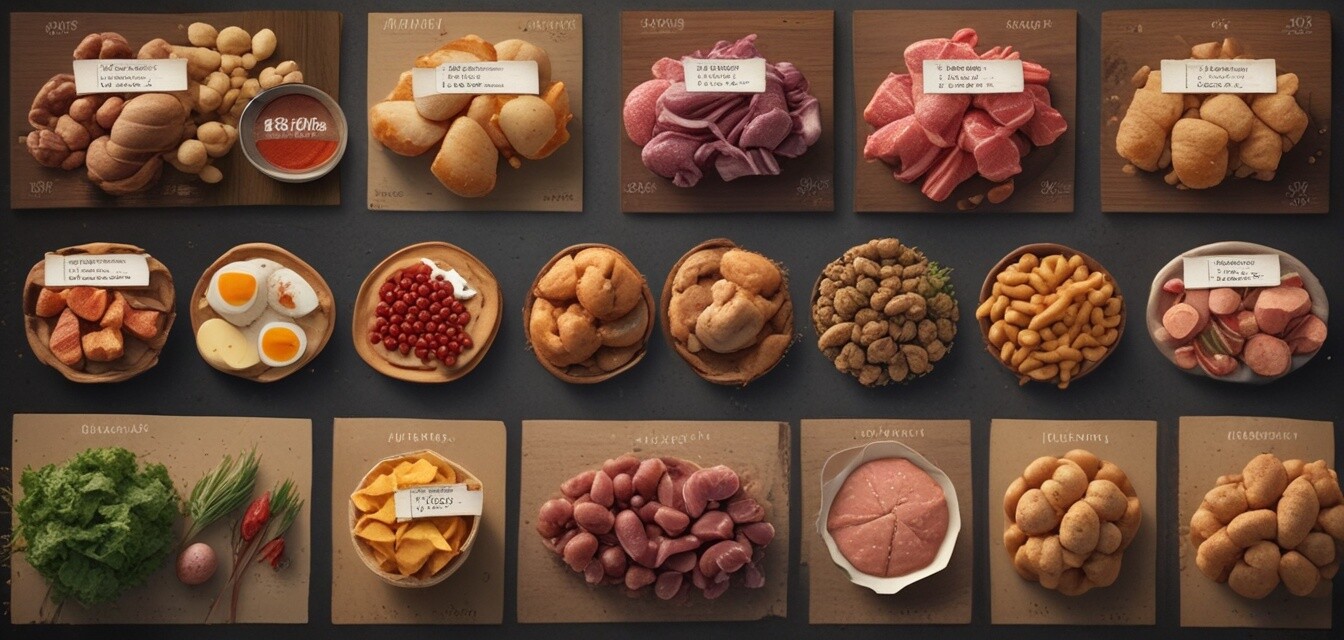
Safety Considerations
When procuring and purifying food and water, it is crucial to ensure safety to avoid contamination. Some of the safety considerations include:

Conclusion
In conclusion, food and water procurement is critical in emergency situations. Having a reliable supply of food and water can be the difference between life and death. By understanding the importance of food and water procurement, and using proper methods of purification and procurement, individuals can ensure their safety and well-being in emergency situations.
For more information on emergency planning and disaster preparedness, check out our Emergency Kit Analyzer Tool and our article on
